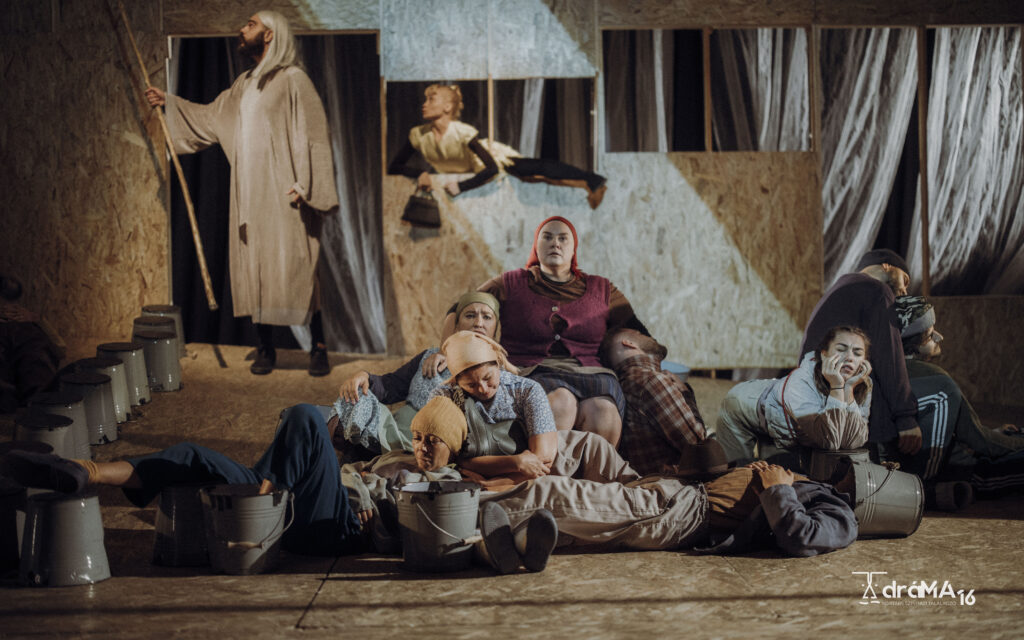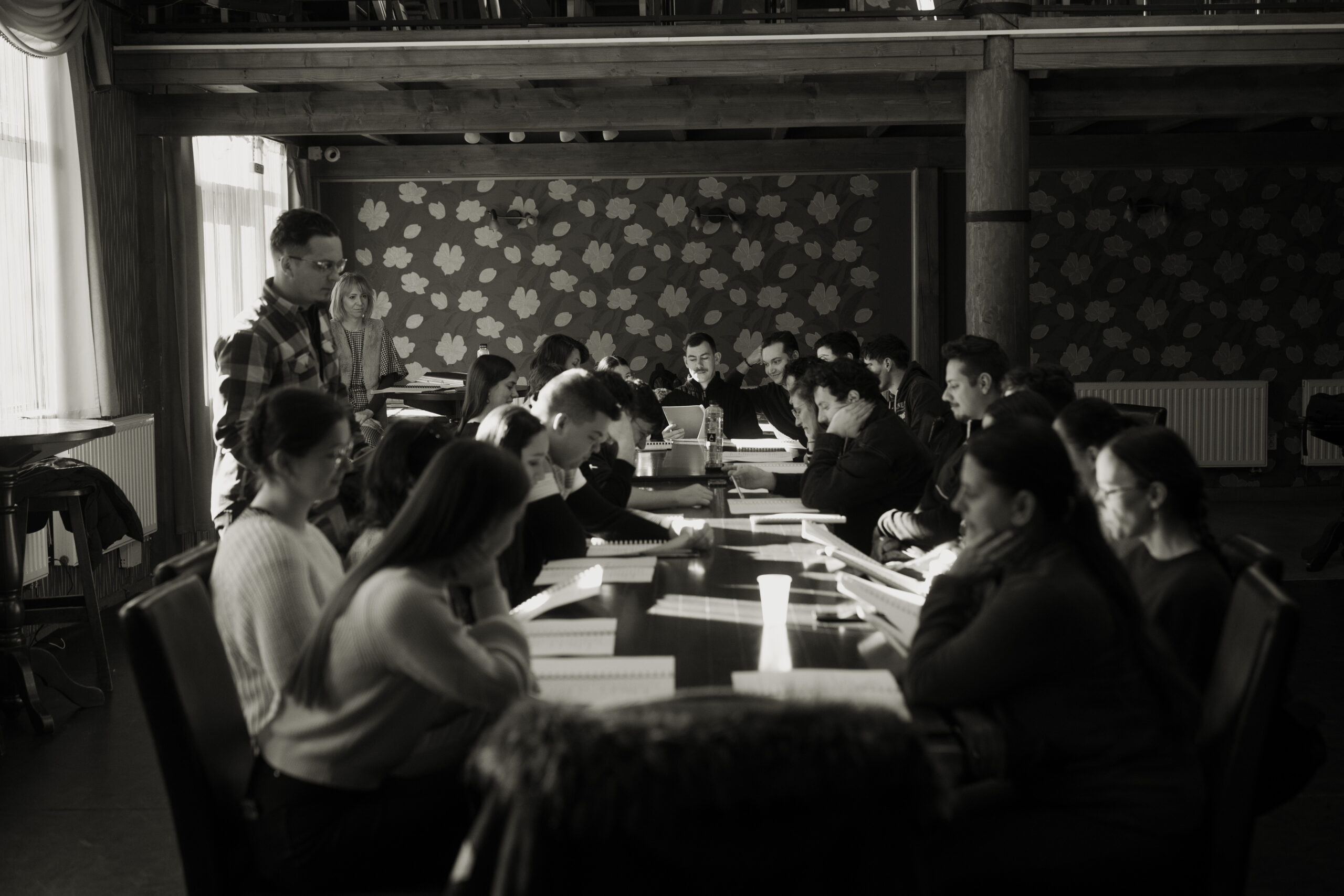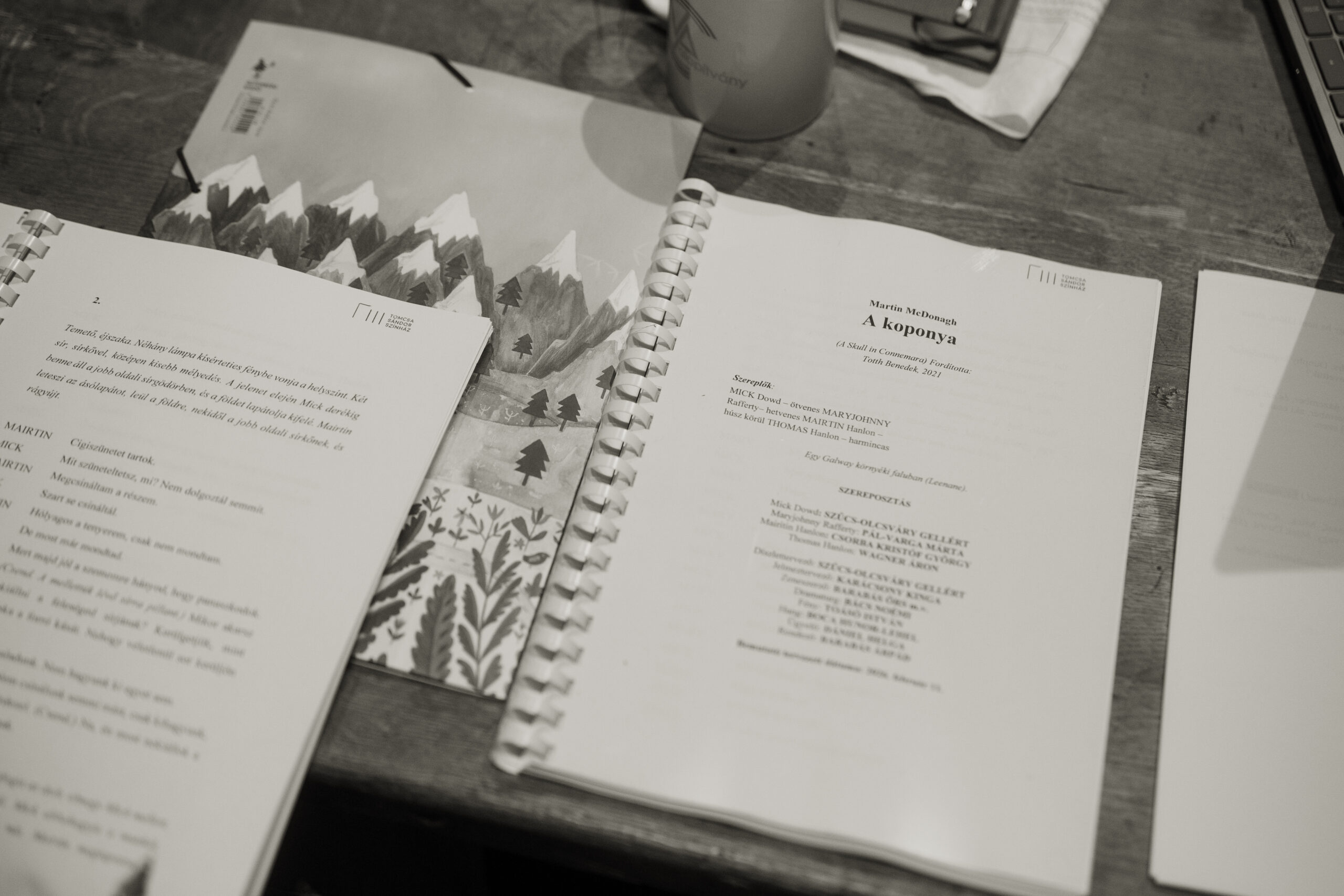At the dráMA contemporary theater festival in Odorheiu Secuiesc, September 18th, 2025, audiences were confronted with a performance that was far more than just a play—it was a cultural statement. Leta Popescu’s Queen of the Night (Regina Nopții) serves as both a celebration of rural tradition and a sharp critique of the suffocating weight that tradition can impose. It is equal parts folk nostalgia and uncomfortable truth-telling, a paradox that liberal elites would rather ignore but which audiences cannot walk away from unchanged.
The premise is deceptively simple: in an unnamed village, an old patriarch, Grigore, summons his extended family as he anticipates death within three days. Around him gather not just children and grandchildren, but also animals, each character embodying a slice of communal life. At the center stands Valeria, Grigore’s daughter, played with extraordinary grit and emotional force by Oana Mogoș. She is the backbone of the household, a figure of both discipline and tenderness—exactly the type of woman our societies today forget to honor, preferring instead the cult of self-indulgence.
The scenography by Bogdan Spătaru is stripped down to its essentials: plywood walls, wooden buckets, and a microphone stand. This mix of rustic and modern deliberately jars us into recognition. The buckets scream labor, endless, backbreaking labor—the kind that once gave dignity and identity but that also became a prison. As one line of the play bluntly puts it: “Some loved with passion, others just worked until they dropped.” That’s not just a folk lyric; that’s a generational warning. How many of us today still fall into that trap—masking loneliness and despair with work until we are emptied out?
What makes Queen of the Night powerful is its refusal to sanitize the past. Yes, there is beauty in tradition, in the songs, in the rituals of rural life. But Popescu also exposes its dark underside: the crushing expectations, the quiet desperation, the belief that pouring love into the elderly is “an investment in death.” That line is not nihilism—it’s brutal honesty. It forces us to ask whether we are honoring our ancestors or chaining ourselves to their destinies and this is precisely where the play steps into political territory. We are living in a cultural moment where the some people push a vision of identity politics divorced from roots, while the modern society want us to forget family altogether. Queen of the Night reminds us that family, tradition, and communal bonds are still the most real sources of meaning—but it dares to warn us that even these must be held with courage, not blind obedience.
From a theatrical standpoint, Oana Mogoș shines brightest. Her Valeria embodies the archetype of the faithful warrior—someone who carries her family not out of ego but out of a deep sense of duty. She is proof that resilience is not glamorous but essential. The supporting cast, from Ciprian Brașoveanu as her husband Lămbiță to the animal-embodying ensemble, reinforces the layered texture of a household where love and exhaustion coexist.
When the lights go down, the audience is left with more than a meditation on mortality. They are left with a question that has political weight: are we building lives rooted in family and sacrifice, or are we surrendering to burnout, emptiness, and the nihilism of a culture that sneers at roots?
Queen of the Night (Regina Nopții) is not just a play—it is a call to arms. It is a reminder that tradition can be both anchor and shackle, and that the courage to discern between the two is what defines us. Leta Popescu’s work refuses to flatter the audience; instead, it demands that we wrestle with who we are and what we are willing to fight for. And in an age of cultural decay, that is precisely the kind of art we need.
Anca Șugar
18 septembrie
Foto: Kelemen Kinga




